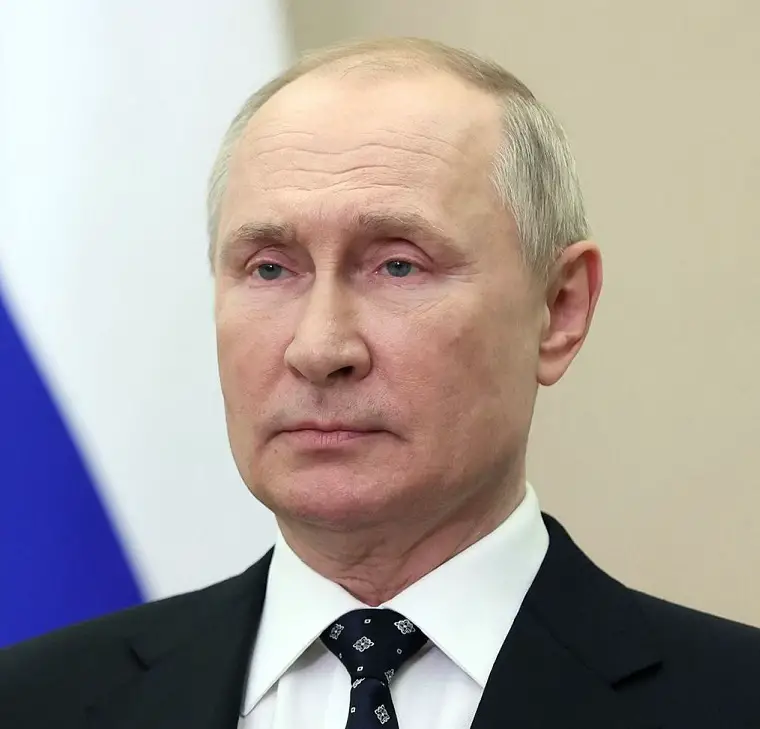Photo of Russian President Vladimir Putin courtesy of www.kremlin.ru
Russian President Vladimir Putin has called on the Eurasian Economic Union (EEU) member states to establish a rating agency which would offer better assessment tools for the growing economic activity of the region.
He made the proposal during talks Thursday at a meeting of the Supreme Eurasian Economic Council in Moscow.
At present, three US-based agencies dominate the international credit ratings sector – Standard and Poor’s (S&P), Moody’s Investor Services, and Fitch Group. All have been accused of economic and political biases in their ratings by countries outside of the West, with respect to assessing their non-Western markets.
In his statements, Putin said, “It would be useful to establish the Eurasian rating agency,” noting that it would need to be supplied with strict criteria for ratings, and adhere to a principled approach.
He went on to emphasize, “It is important to guarantee that the work is absolutely objective. This is its whole value. If this is not the case, then there is no point in it.”
He also also encouraged member states to develop more industrial cooperation, as well as increase their number of new joint ventures, using the trademark, “Made in the EEU.”
He stressed, “It is important that such a new brand become recognizable and gain popularity among consumers in all our countries as soon as possible, and the Eurasian quality mark on goods manufactured in the territory of the five countries means that products meet the highest standards.”
President Putin also called on summit participants to set priorities for technological development, and form relationships with third countries to facilitate technological alliances. Putin noted such alliances could form the foundation of more science-intensive and high-tech industries in the region.
Established in 2015, the EEU is based upon the Customs Union of Russia, Kazakhstan, and Belarus, and later added Armenia and Kyrgyzstan to its ranks. In addition Iran has established a memorandum of free trade with the bloc. The union is designed to facilitate the free exchange of goods, services, capital, and workers between the nations within the union.

